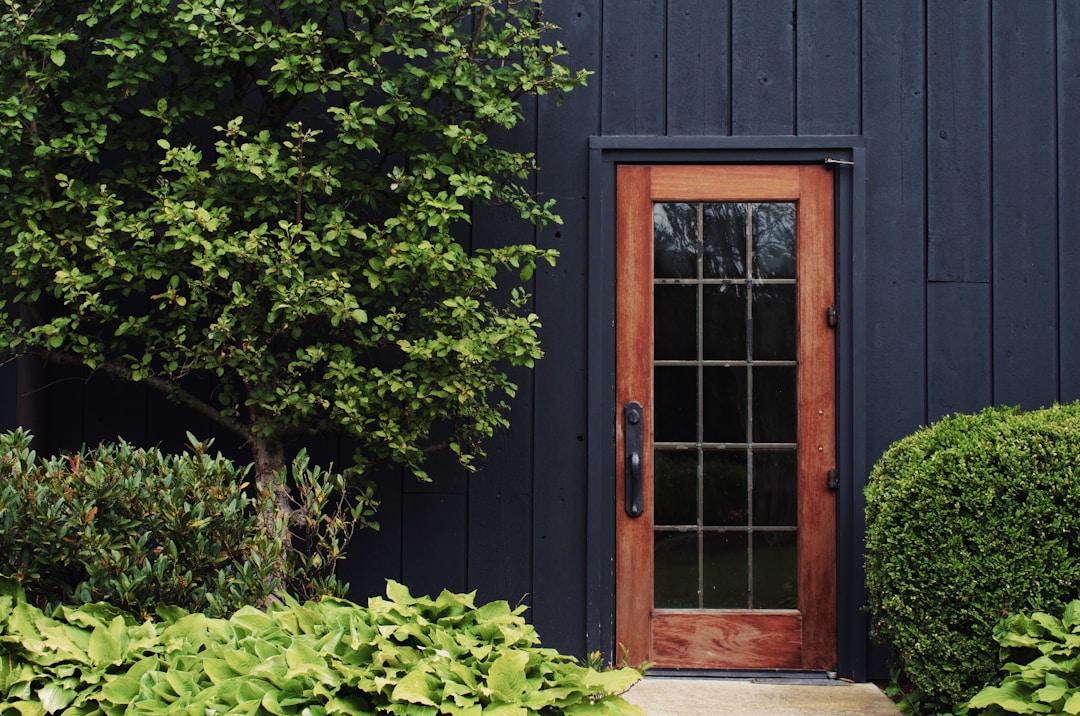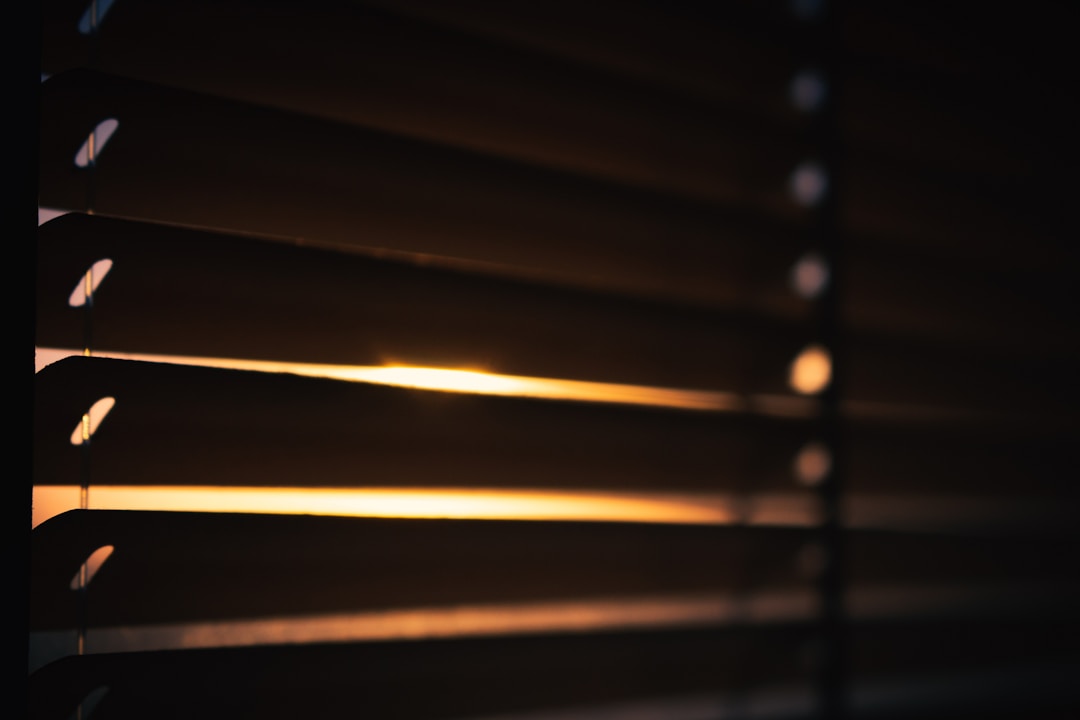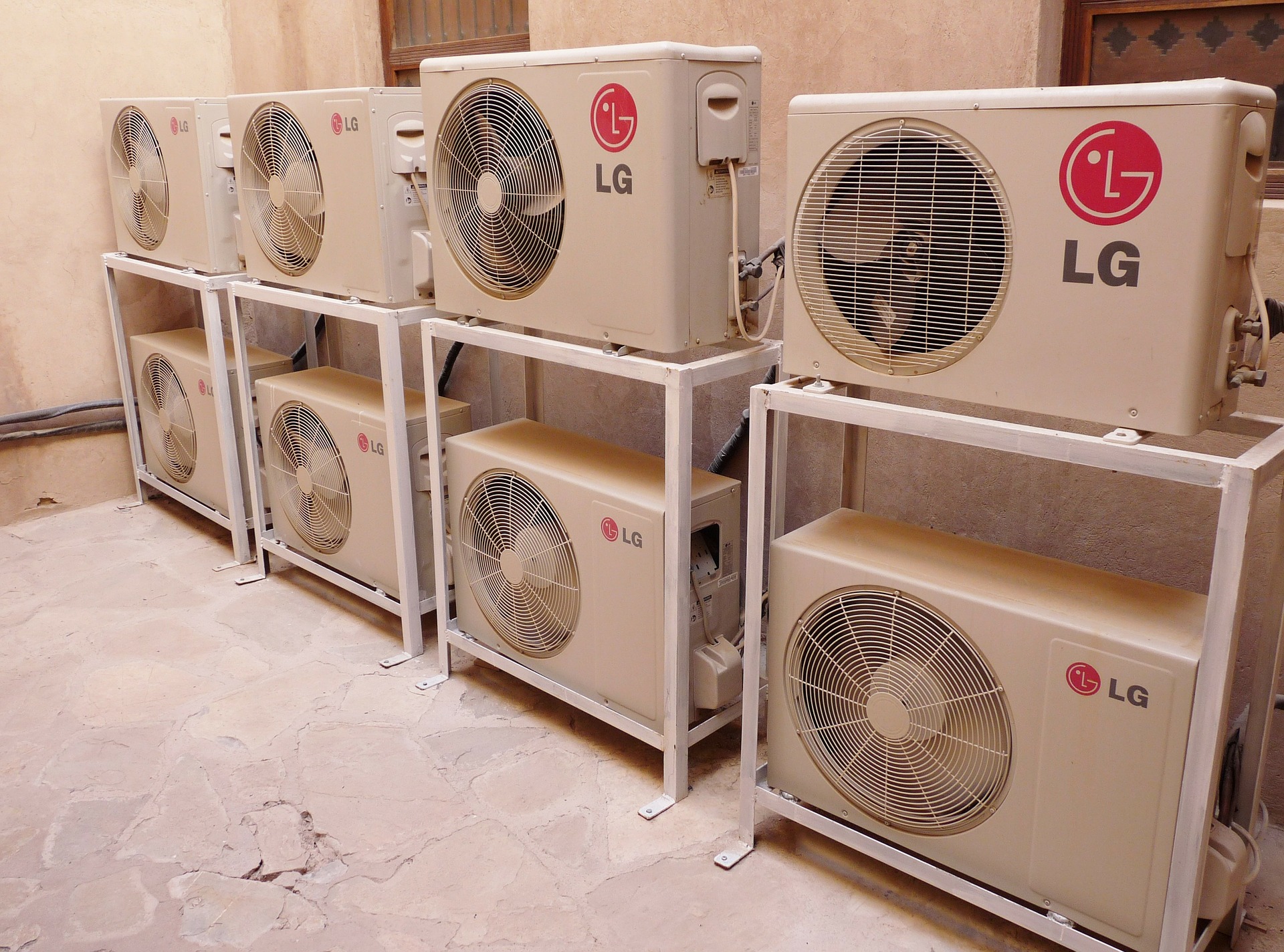The best way to ensure your home systems and appliances operate at peak performance is to perform regular maintenance. Keeping up with the annual maintenance of the HVAC system is a great way to reduce the need for costly repairs and improve energy efficiency. Many homeowners see their energy bills rise during the summer months. There are plenty of ways to improve the performance of your cooling system and heating system that will result in better energy efficiency and lower energy bills.
Plant shade trees around the house.

The less direct sunlight enters your home during the warmer weather months, the less energy your HVAC unit will consume to cool your home. A great way to block out sunlight and keep your home cooler is to plant shade trees and tall bushes around the house. Planting tall trees on the southern facing side and broad trees on the western and eastern facing sides of your home will help block out sunlight throughout the day and help maintain a cooler indoor temperature.
Routine maintenance of your HVAC system prolongs its lifespan, improves energy efficiency, improves indoor air quality, and reduces energy bills. Changing the air filters, keeping the condenser coils free of debris, ensuring the wires aren’t corroded, and cleaning the air ducts helps prevent major issues that result in costly repairs.
The best way to prepare your HVAC system for the warmer weather is to have an HVAC professional perform professional maintenance. Pruett Air Conditioning Assoc has years of experience providing air conditioning and heating system repair, maintenance, installations, and indoor air quality advice. Their qualified technicians can perform preventative maintenance on ductless HVAC systems, as well as ductwork cleaning services. Having an HVAC technician service, your system saves you money in the long run on major issues and costly repairs.
Cover your windows.

As warmer weather approaches, it’s a good idea to cover your windows and reduce the amount of sunlight that comes through. Solar screens block solar energy from entering through your windows, which means your cooling system won’t need to work as hard to create cold air. You can also use metalized sheets or window films that reflect heat before it penetrates the glass. It’s also a good idea to utilize light-blocking window shades or blinds.
Adjust the thermostat.

A smart way to reduce your energy usage is to set your thermostat to a higher temperature. Adjusting your thermostat setting a few degrees higher when you’re not home and lowering it when you sleep prevents you from over-cooling your home when unnecessary. Setting the AC fan on high can also improve airflow and room temperature. Set the fan to a slower speed to help reduce humidity.
Many homeowners are adopting smart technology in their homes. You can program smart thermostats to adjust the temperature throughout the day to maintain an optimal indoor temperature. It’s also important to ensure you have your thermostat in an ideal location to work efficiently.
Seal any leaks.

Drafts and air leaks cause your energy costs to soar in no time. Air vents, registers, and non-insulated attic spaces are prone to letting cool air and warm air enter and escape your living space. This negative air flow causes your air conditioner and furnace to work more than they should, driving up your energy costs. It’s a good idea to have a professional technician perform an energy audit of your home to detect any energy-inefficient leaks and determine where insulation is needed.
Keep these tips in mind when preparing your home for the colder and warmer weather months. When your HVAC system is at peak performance, you’ll reduce your energy usage and enjoy lower energy bills.

